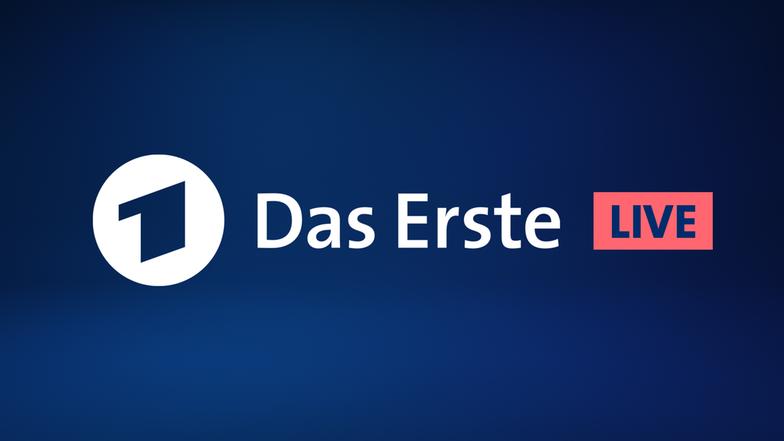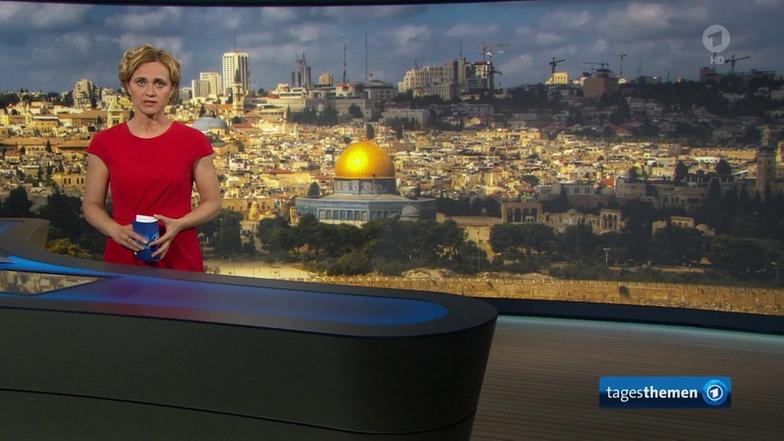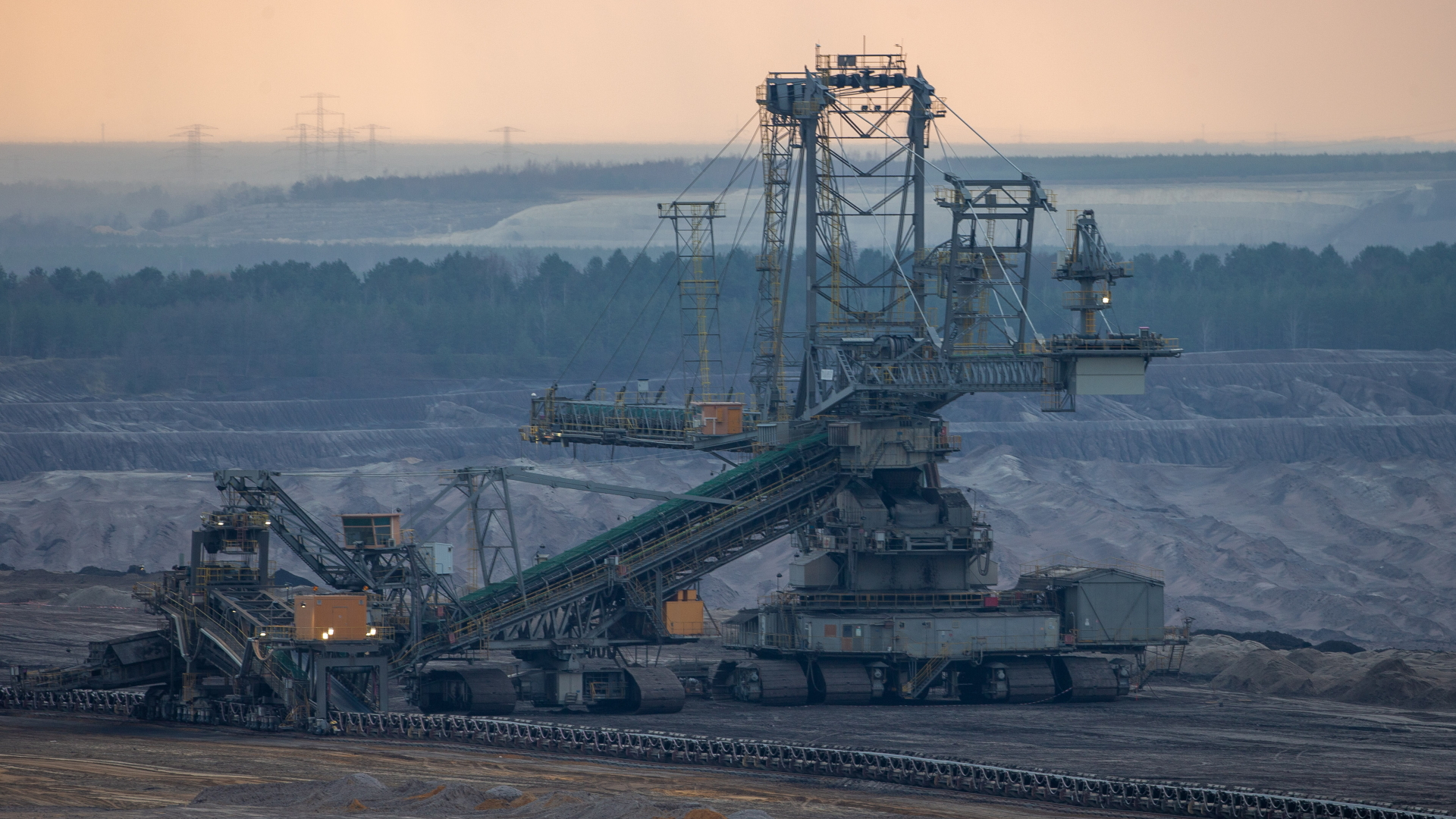

Ard mediathek tagesthemen tv#
A federal structure, the renunciation of state influence and the avoidance of economic dependence were to be the key of the radio and TV institutions under public law ( öffentlich-rechtliche Rundfunk- und Fernsehanstalten, public radio and television organisations). The winning Allies of World War II determined that German radio after World War II would not broadcast the same propaganda as the pre-war Reichs-Rundfunk-Gesellschaft ("Reich Broadcasting Company").

With the Rundfunkfreiheit (freedom of broadcasting), they have an independent position (within a legal framework). ARD-members like BR ( Bayerischer Rundfunk) are not owned by their Land (state and its government, here Bavaria), either. ARD is not 'owned by' anybody, particularly not by "Germany" (meaning its government/federal state). ‡public-law broadcasting institutions means broadcasters which are not privately owned (German: Privatradio and Privatfernsehen) and are not governmental radio or TV. 'Consortium' ("Working group") – of the public-law broadcasting institutions ‡ – of the Federal Republic of Germany'.German: "Arbeitsgemeinschaft – der öffentlich-rechtlichen Rundfunkanstalten – der Bundesrepublik Deutschland".3 Institutions and member organizations.Deutsche Welle, Germany's international broadcaster, is also a member of ARD. ARD's programmes are aired over its own terrestrial broadcast network, as well as via cable, satellite and IPTV.ĪRD also produces two free-to-air channels ( one and Tagesschau24) and participates in the production of Phoenix (current events, news and documentaries), KiKa (kids-oriented), 3sat (cultural-oriented), arte (Franco-German cultural programming), and Funk (teenage-oriented, online only).ĪRD's programming is produced by its regional members (see also Institutions and member organizations) ( Bayerischer Rundfunk (BR), Hessischer Rundfunk (HR), Mitteldeutscher Rundfunk (MDR), Norddeutscher Rundfunk (NDR), Radio Bremen, Rundfunk Berlin–Brandenburg (RBB), Saarländischer Rundfunk (SR), Südwestrundfunk (SWR) and Westdeutscher Rundfunk (WDR), which operate 54 regional and local radio stations and seven regional TV networks, some of which have opt outs at during the day.

The ARD network began broadcasting on 31 October 1954 under the name of Deutsches Fernsehen ("German Television"), becoming Erstes Deutsches Fernsehen ("First German Television") with a corporate redesign in 1984 it adopted its current short name ( Das Erste) in 1994.

"das Zweite" ("The Second"), which started 1963, as a separate public TV-broadcaster. The fees are not collected directly by the ARD, but by the Beitragsservice (formerly known as Gebühreneinzugszentrale GEZ), a common organisation of the ARD member broadcasters, the second public TV broadcaster ZDF, and Deutschlandradio.ĪRD maintains and operates a national television network, called Das Erste ("The First") to differentiate it from ZDF, a.k.a. Households living on welfare are exempt from the fee. For an ordinary household the fee is currently €18.36 per month. The budget comes primarily from a licence fee which every household, company and public institution are required by law to pay. The ARD has a budget of €6.9 billion, 22,612 employees and is the largest public broadcaster network in the world. It was founded in 1950 in West Germany to represent the common interests of the new, decentralised, post-war broadcasting services – in particular the introduction of a joint television network. ARD-Hauptstadtstudio (ARD Capital Studio) in BerlinĪRD is a joint organisation of Germany's regional public-service broadcasters.


 0 kommentar(er)
0 kommentar(er)
